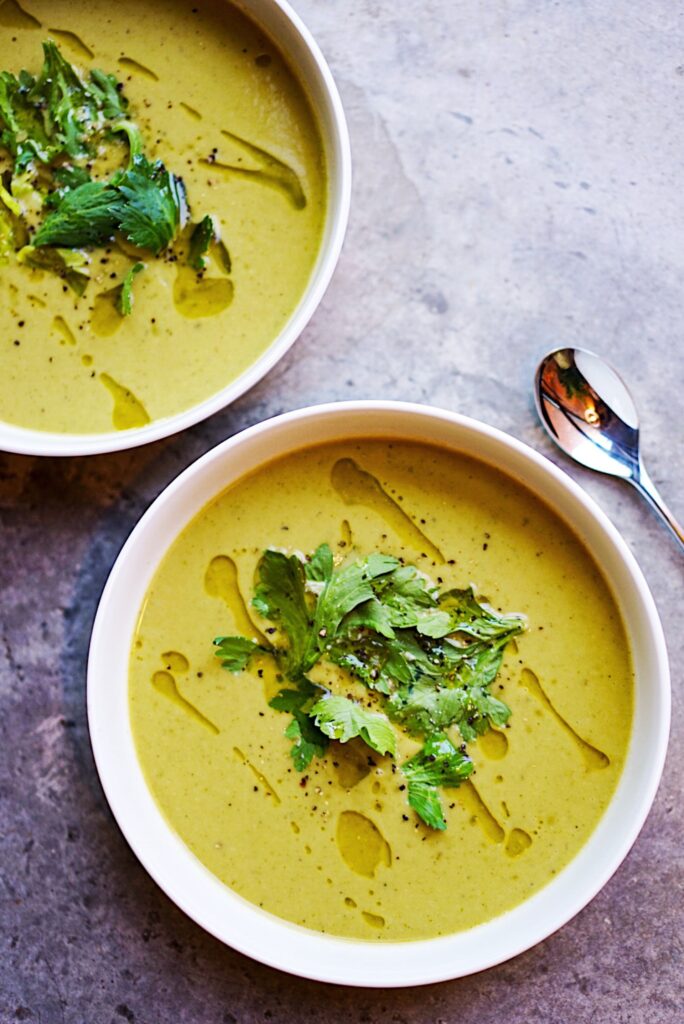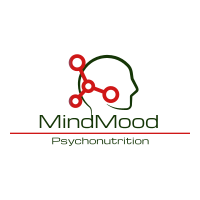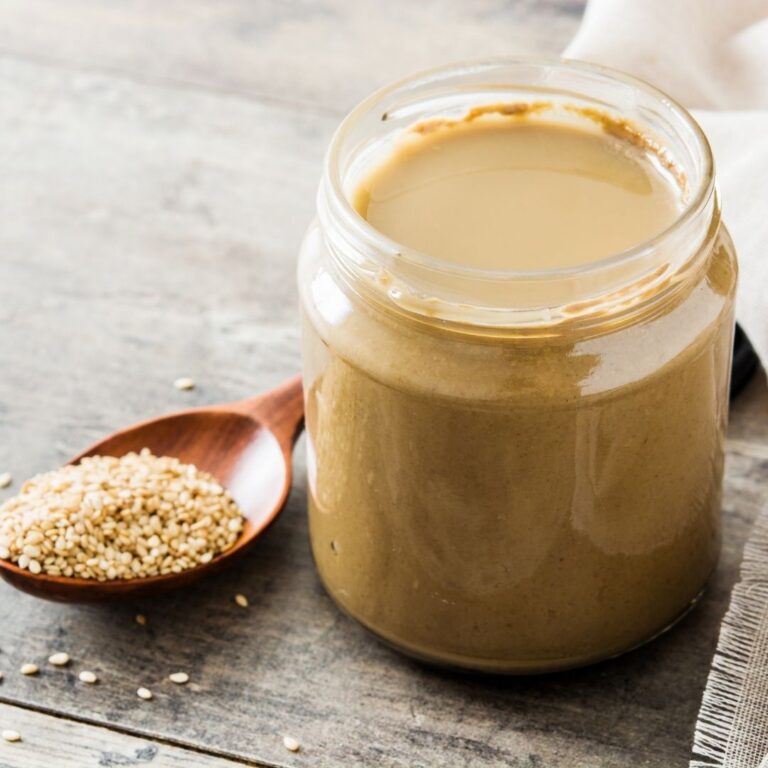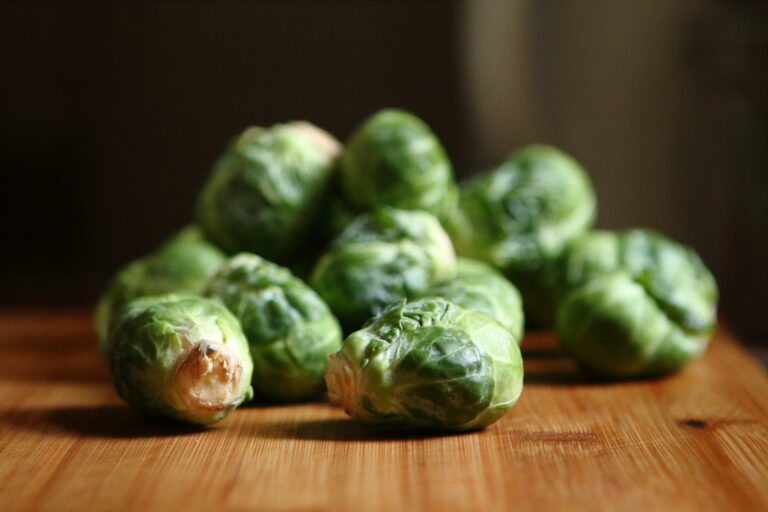In 2021:
Have you chosen to laugh?
Have you chosen to be active?
Have you chosen good mental health?
Back in April and May I encouraged you to make choices and take positive steps towards laughing more, being more active and prioritising your mental health.
All of these are part of Mindmoodpsychonutrition’s core values:
- Food for the Mind
- Positive Mindset for the Heart
- Nourishment for the Soul

In this week’s blog post, let’s take a look at how to feed your mind in 5 different ways, encouraging you to reflect on your day to day eating habits and to continue your unique wellbeing journey.
But, before we talk about real and wholesome food, let’s talk about what the research says about the concept of how to feed our minds.
The constant communication between our gut and the brain, the what-so-called gut-brain-axis is now widely recognised to the extent that our gut has been called ‘the second brain’ (Griffiths, 2019).
The neurotransmitters Serotonin (think ‘Happy Hormone’, Dopamine (think ‘Reward/Pleasure’), Endorphins (think ‘Exercise/Pain Release’) and GABA (think ‘Relaxation/Calmness) are not only produced in your brain but also by the bacteria in our gut (Cryan et al. 2019).
Thus, can food help feed our minds and nervous system and keep an optimal gut-to-brain/brain-to-gut connection? (Cryan et al.2019). The answer is YES!
Choose to feed your mind by eating the “functional foods”* below:
Eat 2 portions of fruit daily and fill up half of your lunch and dinner plate with a different combination of vegetables and salads – eat the colours of the rainbow to ensure you are getting enough B Vitamins, Magnesium and antioxidants essential for the functioning of your cells, energy production and immune & gut function.
Eat 2-3 portions of oily fish weekly (sardines, mackerel, anchovies, salmon or herring -fresh or tinned in olive oil or water) – to get a type of polyunsaturated fat called Omega-3 fatty acids to maintain your brain health and protect you against low moods. If you can’t afford fresh fish all the time, you can eat tinned or canned oily fish in water or olive oil.
Eat protein at every main meal and snacks, either plant or animal based: eggs, fish, nuts/seeds/grains/tofu/poultry – Proteins are the body’s building blocks: they make hormones, neurotransmitters, enzymes and keep you full for longer.
Eat fiber rich foods daily to support your digestive system, keep your energy levels up and ensure mindful eating (grains, legumes, pulses, nuts/seeds, fruit/vegetables).
Eat prebiotic & probiotic rich foods daily to maintain a balanced and happy gut: asparagus, leeks, oats, garlic, fermented cabbage, miso, kefir.

*Functional Foods are defined as foods that deliver additional enhanced benefits over and above their basic nutritional value – i.e. besides providing nutrients for energy, they beneficially modulate one or more targeted functions in the body, by enhancing a certain physiological response and/or by reducing the risk of disease (Tur & Bibiloni, 2016).
Note that functional foods must be viewed in the context of a healthy diet as they do not cure or prevent illness by themselves.
References:
- Cryan, J.F. (2019). ‘The Microbiota-Gut-Brain Axis’, Physiology Review, 99, pp. 1877–2013.
- Griffiths, R.(2019). ‘The Mind-Body Diet & Lifestyle Connection’. London: Clink Street.
- Tur, J.A & Bibiloni, M.M. (2016). ‘Functional Foods’, Science Direct, pp.157-161.




